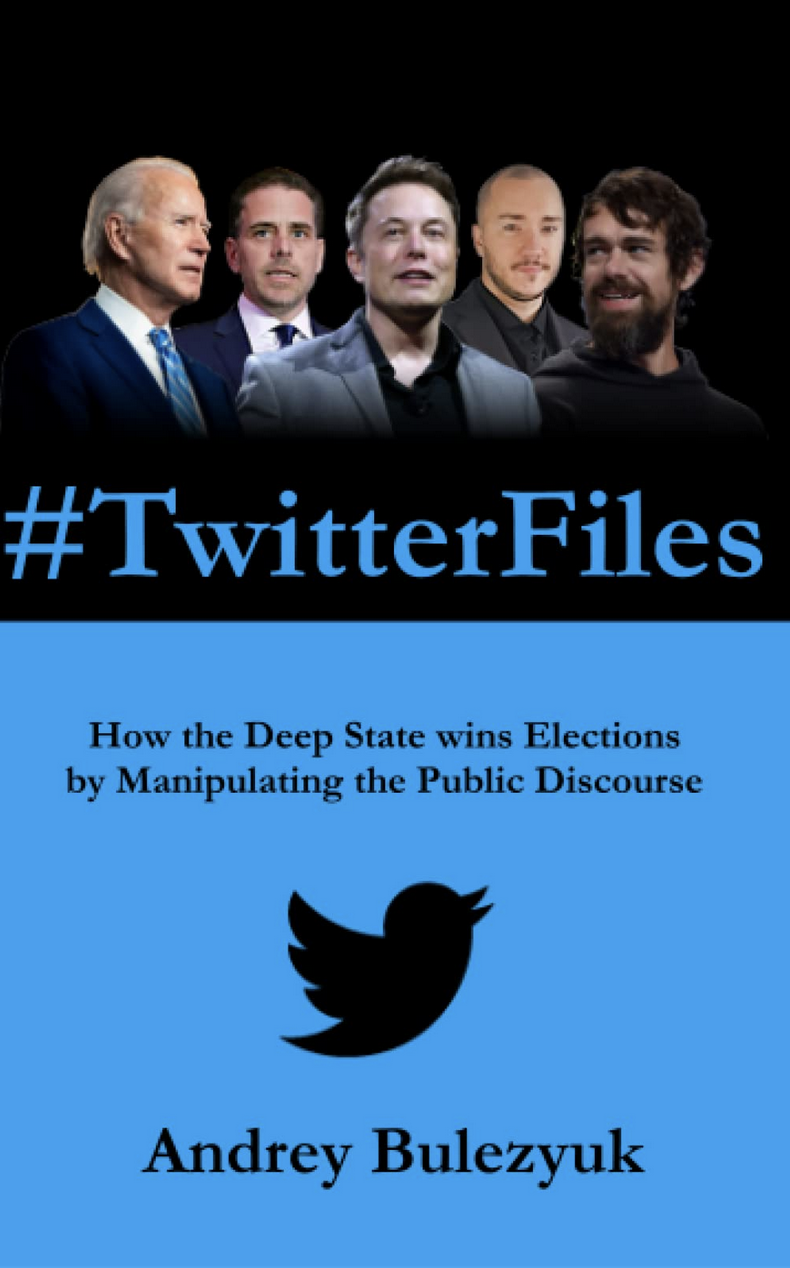- Understanding the Controversial Public Order Bill: Implications for Digital Rights and Privacy
- UN Rights Boss Advocates for a More Balanced Approach: The Importance of Protecting Civil Liberties
- Examining the UK’s Track Record on Digital Surveillance and Public Order Legislation
- What the Future Holds: Potential Revisions to the Bill and the Role of IT Professionals in Shaping Policy
Understanding the Controversial Public Order Bill: Implications for Digital Rights and Privacy
The Controversial Public Order Bill, currently under consideration in the UK, has raised significant concerns among digital rights and privacy advocates. The bill, which aims to strengthen law enforcement’s ability to maintain public order and prevent disorder, includes provisions that could potentially infringe on citizens‘ digital rights and privacy. These provisions grant law enforcement agencies sweeping powers to access and monitor electronic communications, as well as to collect and store personal data on a massive scale.
One of the most contentious aspects of the bill is the proposed expansion of law enforcement’s ability to intercept and access electronic communications. This includes not only emails and text messages but also encrypted messaging services like WhatsApp and Signal. Critics argue that this level of surveillance is a gross violation of privacy rights and could have a chilling effect on free speech and expression, as individuals may be less likely to communicate openly and honestly if they know their messages can be intercepted and read by the government.
Another area of concern is the bill’s provisions related to data retention. Under the proposed legislation, internet service providers (ISPs) and other communication service providers would be required to retain customer data for a minimum of 12 months. This data could then be accessed by law enforcement agencies without a warrant, raising concerns about the potential for abuse and the erosion of privacy rights.
Proponents of the bill argue that these measures are necessary to combat terrorism, organized crime, and other threats to public safety. They contend that law enforcement agencies need access to electronic communications and data to effectively investigate and prevent criminal activity. However, critics argue that the bill’s provisions are overly broad and lack sufficient safeguards to protect citizens‘ privacy and digital rights.
In light of these concerns, the UN Rights Boss has called on the UK to reconsider the bill and strike a better balance between public safety and the protection of civil liberties. As the debate over the Controversial Public Order Bill continues, it is crucial for IT professionals and digital rights advocates to stay informed and engaged in the conversation, as the outcome will have far-reaching implications for privacy, security, and the future of the internet in the UK.
UN Rights Boss Advocates for a More Balanced Approach: The Importance of Protecting Civil Liberties
The UN Rights Boss, recognizing the potential negative impact of the Controversial Public Order Bill on digital rights and privacy, has urged the UK government to adopt a more balanced approach in crafting the legislation. This involves ensuring that any measures taken to enhance public safety do not come at the expense of citizens‘ civil liberties, such as the right to privacy and freedom of expression. To achieve this balance, the UN Rights Boss recommends implementing a set of principles and safeguards that can guide the development and application of the bill.
One such principle is the concept of proportionality, which requires that any surveillance or data collection measures be proportionate to the threat they aim to address. This means that law enforcement agencies should only be granted access to electronic communications and data when it is absolutely necessary for the investigation or prevention of serious crimes. Additionally, the scope of surveillance should be limited to specific targets, rather than allowing for indiscriminate mass surveillance of the general population.
Another key principle is transparency, which calls for the UK government to be open and honest about the extent and nature of its surveillance activities. This includes providing clear and accessible information about the legal framework governing surveillance, as well as regular reporting on the use of surveillance powers and their impact on privacy rights. By fostering transparency, the government can help build public trust and ensure that its actions are subject to scrutiny and accountability.
Furthermore, the UN Rights Boss emphasizes the importance of judicial oversight in safeguarding civil liberties. This entails requiring law enforcement agencies to obtain a warrant from an independent judge before accessing electronic communications or data. Judicial oversight can help prevent abuse of power and ensure that surveillance activities are conducted in accordance with the law and respect for human rights.
By incorporating these principles and safeguards into the Controversial Public Order Bill, the UK government can strike a more balanced approach that addresses public safety concerns while also protecting citizens‘ digital rights and privacy. IT professionals and digital rights advocates have a crucial role to play in this process, by providing expert advice on the technical aspects of the bill and advocating for policies that respect and promote civil liberties.
Examining the UK’s Track Record on Digital Surveillance and Public Order Legislation
The UK has a long history of implementing digital surveillance and public order legislation, with several controversial laws enacted in recent years. One notable example is the Investigatory Powers Act of 2016, also known as the „Snooper’s Charter,“ which granted law enforcement and intelligence agencies broad powers to intercept and access electronic communications, as well as to hack into devices and collect bulk data. The act faced widespread criticism from privacy advocates and was even ruled unlawful by the European Court of Justice in 2016, due to its lack of adequate safeguards for citizens‘ privacy rights.
Another example is the Counter-Terrorism and Security Act of 2015, which introduced the concept of „internet connection records“ (ICRs) and required ISPs to retain customer data for 12 months. This legislation was also met with opposition from privacy advocates, who argued that the mass collection of ICRs constituted a disproportionate invasion of privacy and could be used to build detailed profiles of individuals‘ online activities.
Despite these concerns, the UK government has continued to push for expanded surveillance powers in the name of public safety and national security. The current Controversial Public Order Bill is just the latest in a series of legislative efforts that have raised questions about the balance between security and privacy in the digital age.
It is important to note that the UK is not alone in grappling with these issues, as many other countries have also implemented or proposed similar surveillance measures in recent years. However, the UK’s track record on digital surveillance and public order legislation has been particularly contentious, with several high-profile legal challenges and international criticism.
As the debate over the Controversial Public Order Bill unfolds, it is essential to consider the UK’s history of digital surveillance and public order legislation and the lessons that can be learned from past experiences. By examining the successes and failures of previous laws, policymakers and IT professionals can work together to develop more balanced and effective policies that protect both public safety and citizens‘ digital rights and privacy.
What the Future Holds: Potential Revisions to the Bill and the Role of IT Professionals in Shaping Policy
As the Controversial Public Order Bill continues to be debated and scrutinized, there is a possibility that revisions will be made to address the concerns raised by privacy advocates and the UN Rights Boss. These revisions could include the incorporation of the principles and safeguards discussed earlier, such as proportionality, transparency, and judicial oversight. By making these changes, the UK government can demonstrate its commitment to striking a balance between public safety and the protection of civil liberties.
IT professionals have a crucial role to play in shaping the future of the Controversial Public Order Bill and other similar legislation. Their expertise in technology and digital security can provide valuable insights into the potential risks and benefits of various surveillance measures, as well as the feasibility of implementing safeguards to protect citizens‘ privacy and digital rights. By engaging with policymakers and participating in public debates, IT professionals can help ensure that the legislation is grounded in a thorough understanding of the technical aspects and potential consequences of digital surveillance.
Furthermore, IT professionals can contribute to the development of innovative solutions that enable law enforcement agencies to effectively combat crime and terrorism without infringing on citizens‘ privacy rights. This could involve the creation of new tools and technologies that allow for targeted surveillance, as well as the development of encryption and privacy-enhancing technologies that protect users‘ data from unauthorized access.
Collaboration between IT professionals, policymakers, and digital rights advocates is essential in shaping the future of digital surveillance and public order legislation. By working together, these stakeholders can develop policies that strike the right balance between security and privacy, ensuring that the internet remains a safe and open space for all users.
In conclusion, the Controversial Public Order Bill presents a critical opportunity for the UK to reevaluate its approach to digital surveillance and public order legislation. By considering the lessons of the past and engaging with IT professionals and digital rights advocates, the UK government can develop more balanced and effective policies that protect both public safety and citizens‘ digital rights and privacy. The future of the internet in the UK depends on striking this delicate balance, and the role of IT professionals in shaping policy cannot be overstated.








0 Comments